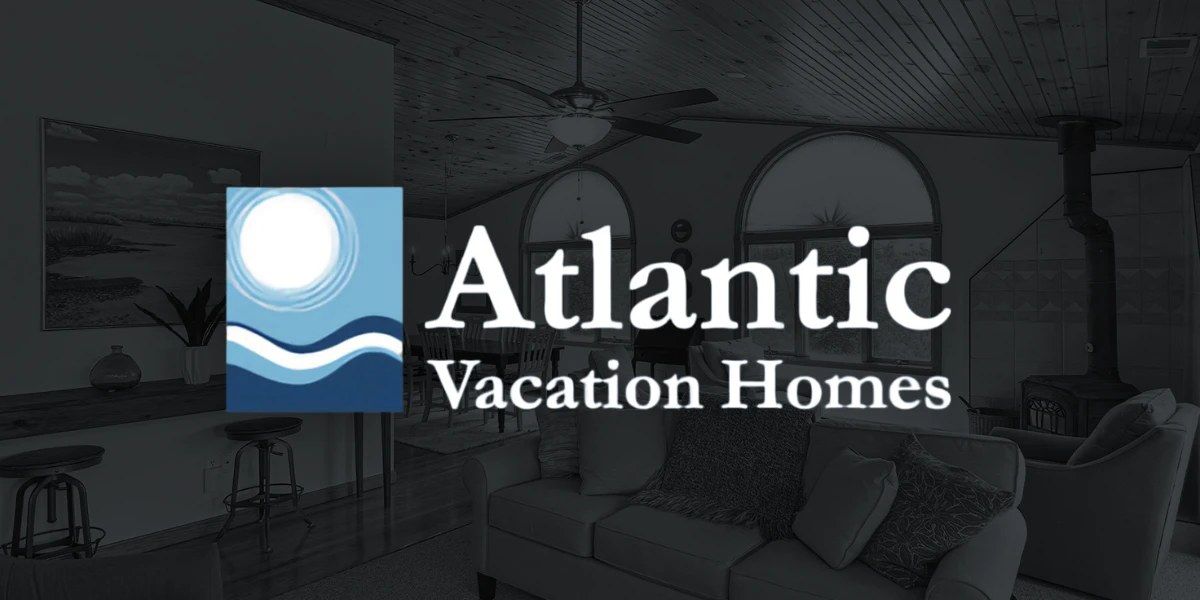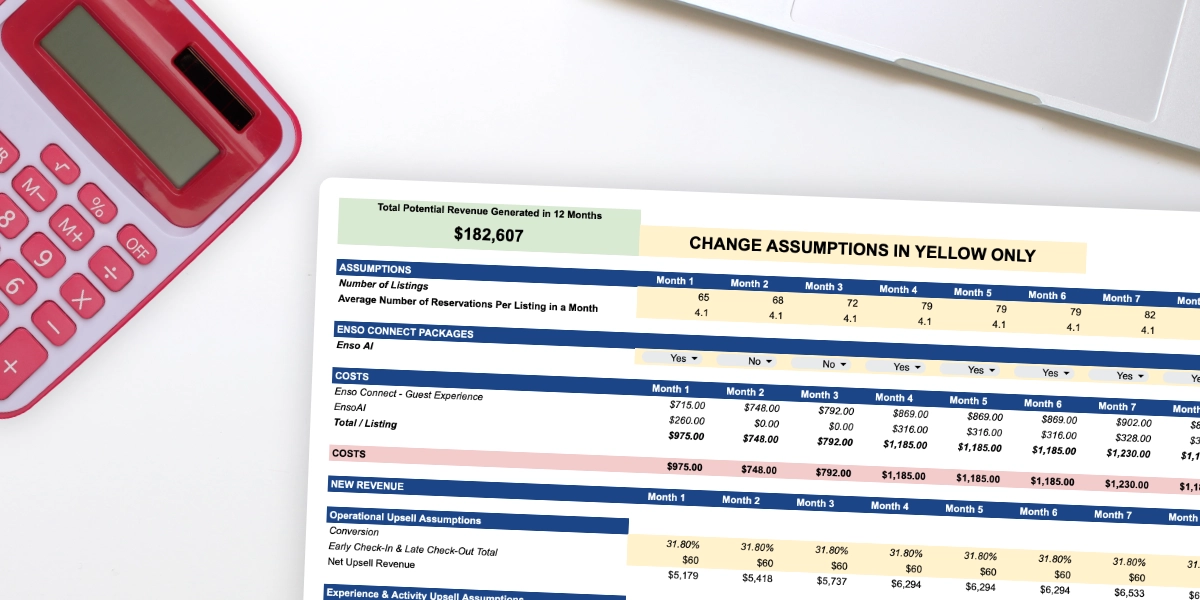When Airbnb and other OTAs first emerged, they were primarily used for short stays of one or two nights while visiting a new location. Over the years, however, the market for short-term rentals has evolved significantly. Many businesses in this sector have revolutionized the industry by offering upscale villas, unique accommodations, and diverse experiences through these platforms.
With the changing landscape of rental practices, it’s essential to consider the next phase of this evolution, which might be an increase in longer stays. In some regions, regulations have shifted, and property owners are now restricted from offering stays shorter than 28 days, effectively removing the “short” from short-term rentals. This shift has significant implications for both property owners and tenants.
For property owners facing pressure to adapt to longer-term rentals, it’s important to understand the new dynamics and requirements of this market. This may involve rethinking marketing strategies, adjusting pricing models, and preparing for different types of tenant expectations.
For tenants currently staying in shorter-term rentals, this change could impact their plans and the availability of their accommodations. They may need to seek alternative options if the property they are staying in transitions to a longer-term model.
Navigating these changes requires strategic planning and adaptability to ensure that both property owners and tenants can make informed decisions in this evolving market.

Converting to long stays
Enso Connect has been hosting regular twice weekly Clubhouse sessions on our Airbnb on Autopilot Club where we have the opportunity to discuss with other property managers, hosts, and guests alike about what areas they are currently struggling with. One of our guests had mentioned that some of their guests are wanting to stay longer than the 28 days, and were looking to go for months at a time. Now although this may seem like a godsend — having your place fully booked for a considerable number of months — it can actually prove to be a bigger headache than you think.

When you start extending the number of days stayed, depending on the number, the guest may end up receiving tenant rights. In which case, if you want them to leave, it becomes a much greater issue. One way around this is simply cancelling the booking every 28 days and having that same guest book again, and again. This way they are still able to rent with you, but won’t incur the uncomfortable aspects of tenant rights. Tenant rights, and the circumstances in which they become active, are dependent on where you live.
For guests, it is almost exactly like business as usual, minus them having to rebook every 28 days, which if they’re actually a good guest, they won’t mind. If they are trying to become a tenant, then proposing a tenancy agreement may be your next step.
If you are having troubles with this issue, and are still unsure about what to do, feel free to reach out to us at contact@ensoconnect.com




